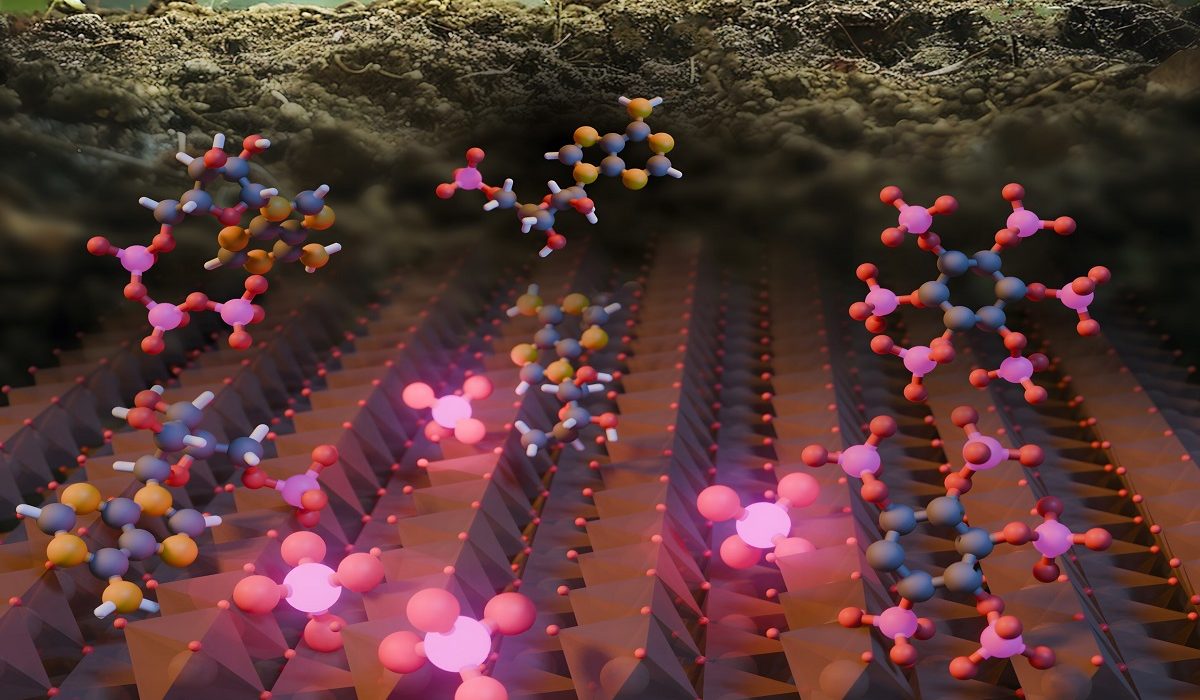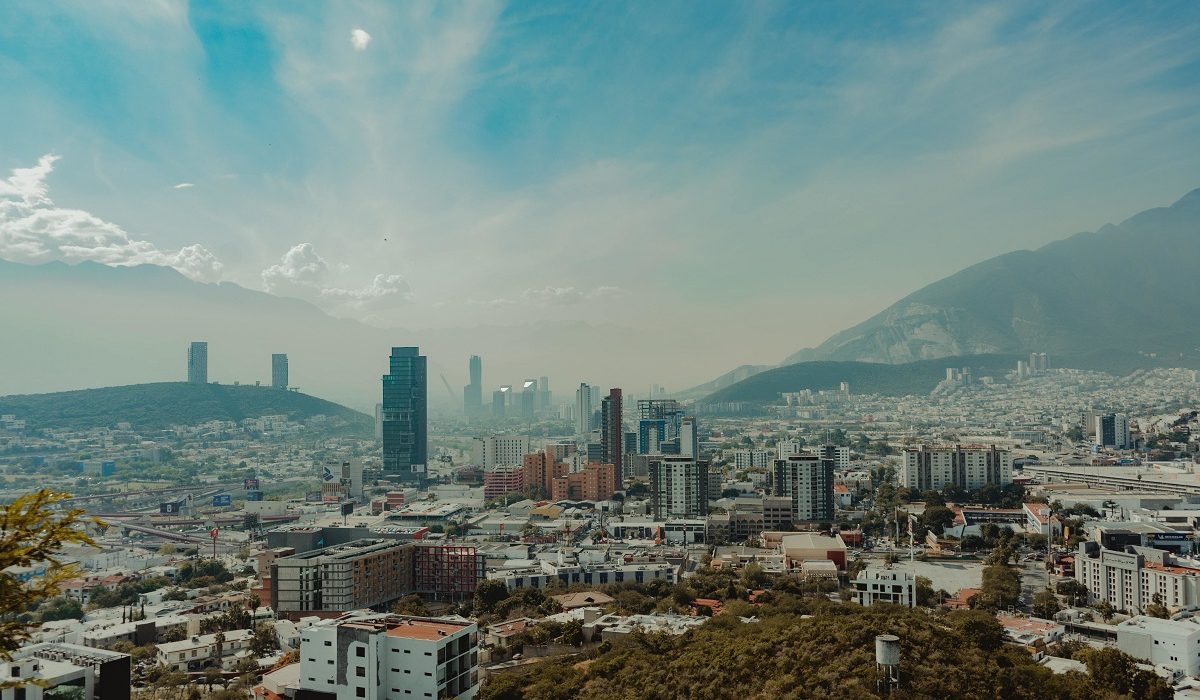A new study recently revealed the important role that the Atlantic-Arctic water mixing plays in sustaining the Atlantic Meridional Overturning Circulation (AMOC), a critical component of the Earth’s climate system. This study, led by researchers from the University of Southampton, the Indian Institute of Technology Bhubaneswar, the National Oceanography Centre, [...]










